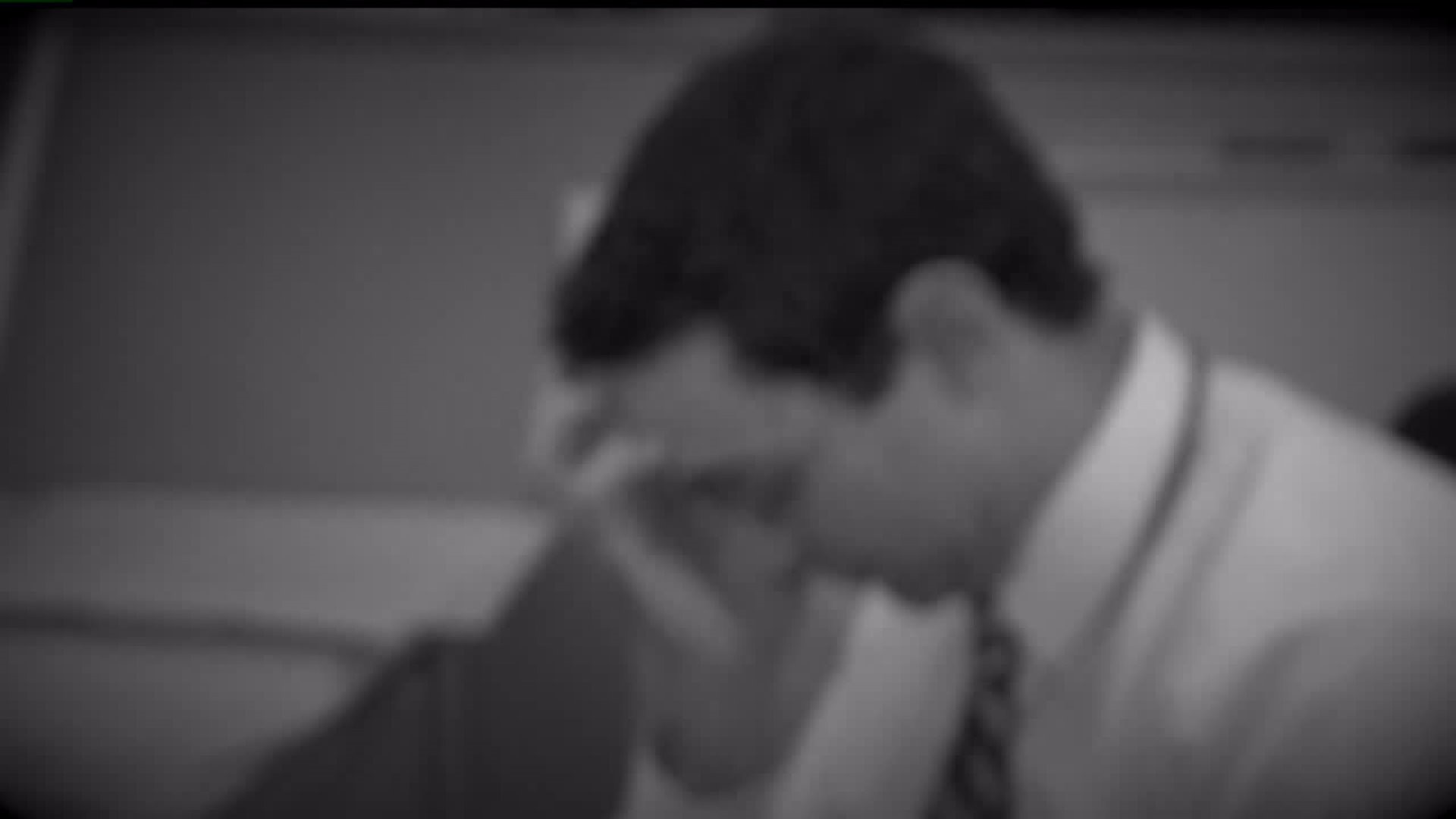A life-or-death situation changes a person, some more permanently than others. It's natural for someone who has survived a traumatic situation to experience anxiety and fear for several months. When those symptoms linger, however, and begin to transform a person's reactions to the outside world, it could be time to seek help.
Anxiety, depression, nightmares, and living flashbacks are just some of the symptoms that can plague someone who lives with post-traumatic stress.
"They're often hyper-vigilant, they're aware of their surroundings at all times." Ryan McGinnis is a counselor in Lancaster, working with people who live with post-traumatic stress. As he explains, the early reactions to a traumatic situation are results of evolution.
"When we experience trauma, our brain tucks away that experience. So now our brain is actively looking for this to occur," he explains, "and since it's actively looking for something bad or something negative to happen to us."
The problem for people living with post-traumatic stress is they can't turn off the search mode in their minds.
"Even though logically you know you're safe, everything becomes potentially dangerous."
McGinnis explains it as a shift in priorities.
"The things that might matter to us in society, that seem really important, that stress us out, those are not even going to be on the peripheral of somebody who's experienced life-or-death situations."
Ironically, the priorities of someone living with post-traumatic stress are actually closer to the evolutionary truth of what everyone's stressors should be.
Outside of the mental health community, post-traumatic stress is most often connected to military veterans. While McGinnis primarily works with vets, it's important to note anyone who has experienced trauma can have difficulties down the road, including people who witness traumas of others: police officers, firefighters, emergency medical workers. Victims of assaults and other crimes, as well as traumatic events like car crashes, are also at risk
As for military veterans, McGinnis says he believes there's a discrepancy with the numbers behind post-traumatic stress.
"So the numbers are something like 10 percent of our military deploys, between one and three percent of our military engages in combat, and yet 40 percent of our military files for post-traumatic stress. It's not to say that the 40 percent doesn't experience difficulties, it's just to say that's the only diagnosis available to them and so that's the one that they apply for."
"It's not to say that that 40 percent doesn't experience difficulties, it's just to say that's the only diagnosis available to them and so that's the one that they apply for."
McGinnis says what he's noticed among vets is not as much trauma-related, as it is a problem with adjusting to civilian life upon returning home. Military life demands that service members create specific bonds, which humans are supposed to have.
"You are living in very close proximity with other individuals, you're sharing every aspect of life with them, you eat with them, you sleep with them, you train with them, you have the same goal and the same focus, and your very life depends on them."
American society, though, doesn't always allow for that. Relative safety, and an abundance of technology, means we don't always need to form those meaningful relationships.
"It's incredibly isolating to give us a taste of what it means to be fully human and to come home and be alienated. Their struggle is an indication of our struggle as a society, not so much theirs."
A struggle that can be tough to watch. McGinnis says the best thing anyone can do to help a person living with post-traumatic stress is to avoid internalizing that person's difficulties.
"When somebody's going through a difficult time, their difficulty doesn't say anything about you or how your partner feels about you. What I see happens with a lot of loved ones, is that they think that the person doesn't care about them because what's important to them isn't important to their partner any longer."
Those negative feelings can put more pressure on the other person to heal faster, and the reality is "healing" is a relative term in cases of post-traumatic stress.
"We just learn how to cope with it. Those monsters, those demons, those phantoms, whatever you want to call them, they've become woven into the fabric of who we are. What we learn to do is we learn to not allow them to dictate how we live."
And it's those monsters, McGinnis says, that feed the stigma surrounding mental health issues, and post-traumatic stress, in particular.
"I think the stigma for mental health exists because we are afraid. I think the people who have post-traumatic stress remind us that the bubble in which we exist, isn't actually keeping us safe. Their struggles are a constant reminder to us that we could be experiencing the same things."
McGinnis says the most important step in recovery for people living with post-traumatic stress is to surround themselves with people who have experienced similar things. That reinforces the reality that they are not alone.
Ryan McGinnis works as a counselor at Wellness on Walnut in Lancaster, and provides services for other organizations in central Pennsylvania. You can also call 211, or reach out to the Pennsylvania Mental Health Consumers' Association, either of which can connect you with the services that best match your needs.

